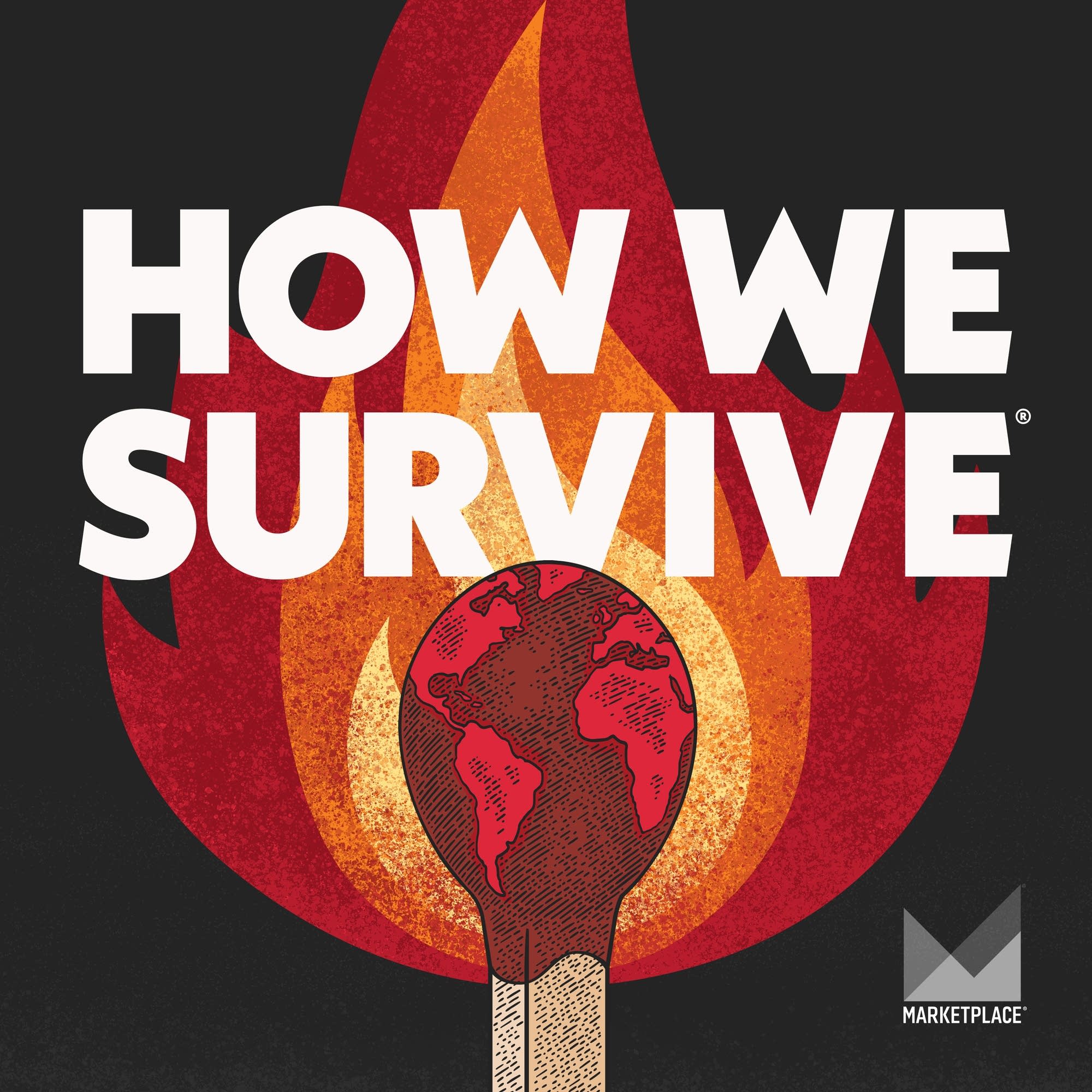
How We Survive
Marketplace
Podcast
Episodes
Listen, download, subscribe
Rewriting the Rules
The city of Albuquerque exists in part because of the Azotea Tunnel, a massive infrastructure project that effectively rerouted part of the Colorado River into the Rio Grande. The project helped sustain Albuquerque’s rapid population growth. Meanwhile, some communities lost out. Water that would have flowed through the Jicarilla Apache Nation was instead diverted via the tunnel. In this episode, we travel 180 miles north of Albuquerque to the town of Dulce to talk to Daryl Vigil, retired longtime water administrator, about how the tribe is fighting for a seat at the table in ongoing Colorado River management. And we visit To’Hajiilee, a community dealing with water insecurity that stands to benefit from leasing Jicarilla settlement water.
How We Survive RSS Feed














